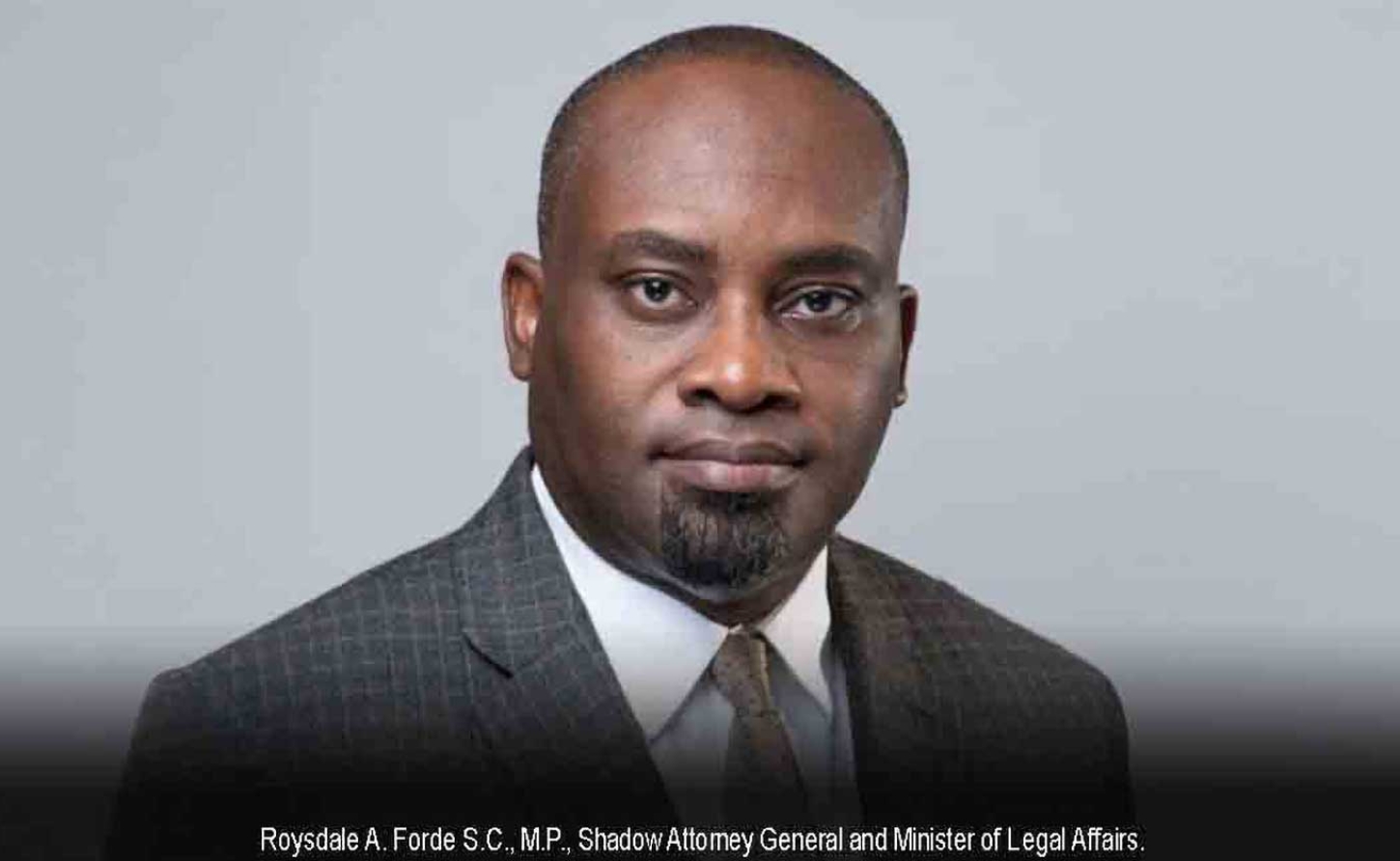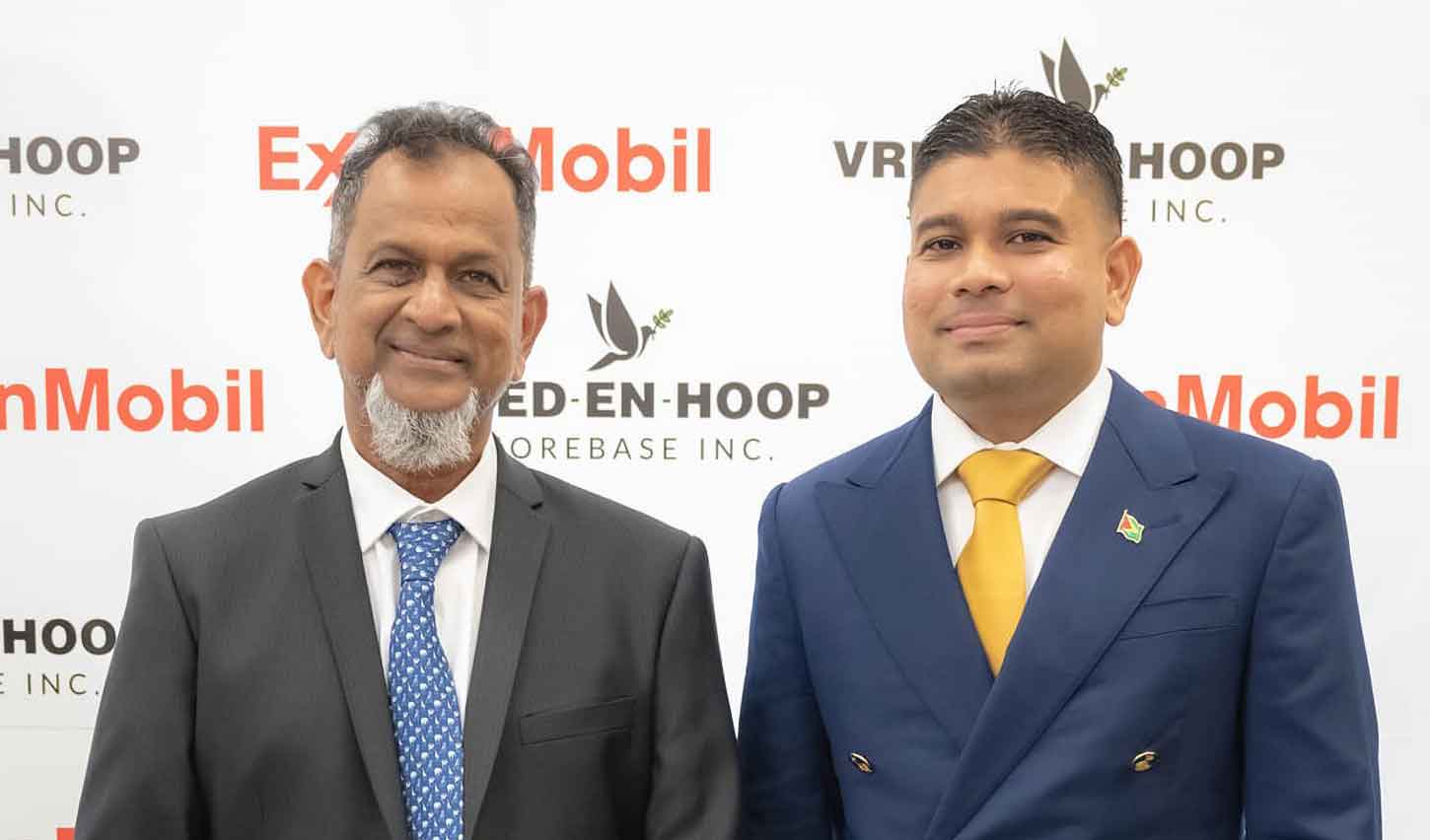GUYANA must be told, the Truth, the Whole Truth about the Mohammeds and Venezuela

The integrity of a nation’s government rests on its unwavering commitment to truth, particularly in matters of national security and public trust. If, as credible suspicions suggest, the People’s Progressive Party/Civic (PPP/C) administration has misrepresented the alleged visits of the Mohammeds to Venezuela or their purported applications for Venezuelan visas, Guyana faces a profound and insidious threat.
Should the claims of the Venezuelan Ambassador regarding visa applications prove to be fabrications, or worse, deliberate falsehoods, the implications transcend mere political maneuvering.
Such actions would signal a government willing to manipulate truth for political persecution, undermining the very foundation of democratic governance.
The allegations are particularly serious: that the PPP/C, through its Ministry of Foreign Affairs, has propagated a narrative unsupported by evidence to discredit political opponents. This is not a trivial dispute but a matter of national consequence.
As the eminent jurist Lord Denning once observed, “The law does not stand still when justice is at stake; it moves to protect the truth and the rights of the individual against the overreach of power.”
If the government’s assertions about the Mohammeds’ ties to Venezuela are false, they constitute a betrayal of public trust and a dangerous erosion of democratic principles.

To falsely accuse citizens of colluding with a foreign adversary is to weaponize patriotism for political gain, a tactic that risks fracturing national unity and weakening our collective resolve.
As U.S. Supreme Court Justice Louis Brandeis aptly stated, “Publicity is justly commended as a remedy for social and industrial diseases. Sunlight is said to be the best of disinfectants.”
The PPP/C must heed this wisdom and produce verifiable evidence to substantiate its claims.
Let us be frank: if the Mohammeds applied for Venezuelan visas, the government must present the applications.
If they traveled to Venezuela, they must disclose passport records, flight manifests, or border entry documentation. These are not unreasonable demands but the minimum standard of accountability owed to the Guyanese people.
A government that claims to possess evidence must bring it into the light of public scrutiny. Failure to do so, whether through silence, obfuscation, or shifting narratives, raises a singular question: what is being concealed, and to what end?
The absence of evidence would confirm suspicions of a calculated campaign to vilify political opponents. Such deception, particularly in the context of Venezuela’s ongoing threats to Guyana’s territorial integrity, is not merely a political misstep; it is a profound betrayal of the national interest.
Fabricating ties between citizens and a hostile foreign regime undermines the credibility of Guyana’s foreign policy and imperils our sovereignty. It transforms national security into a tool for political vendettas, eroding the public’s faith in governance and weakening the social contract.
This is not hyperbole. The deliberate distortion of truth by a government risks plunging a nation into the shadows of authoritarianism.
When facts are subordinated to narrative, and evidence is supplanted by assertion, the state ceases to serve its people and instead seeks to control them. This is a line no democratic government must ever cross.
To manipulate diplomacy in this manner is to wield a reckless blade against the heart of public confidence, threatening the very fabric of our nation; not from external aggression, but from internal betrayal.
The stakes could not be higher. Guyana stands at a critical juncture, facing external pressures that demand unity and resolve. Internal deception, however, is a far greater threat than any foreign adversary.
A government that fabricates threats to silence dissent does not strengthen the nation; it weakens it. It diminishes our moral authority on the global stage and sows division at home. The PPP/C must recognise that transparency is not a concession but a cornerstone of real democratic legitimacy.
To restore public trust, the government must act decisively. It must present irrefutable evidence of the Mohammeds’ alleged actions or admit that no such evidence exists. Silence is not an option; it is an indictment.
The people of Guyana deserve answers, not ambiguity. They deserve a government that respects their intelligence and upholds their right to the truth.
The path forward is clear. The PPP/C administration must either substantiate its claims with concrete evidence or retract them unequivocally. Anything less is an affront to the principles of justice and accountability that define our nation.
Guyana’s sovereignty is not merely a matter of territorial borders; it is a matter of the trust that binds its people to their government. To jeopardise that trust is to imperil the very soul of our democracy.
We are living in serious times. Guyana cannot afford division born of deception. The government must come clean, or it will stand condemned, not by its critics, but by its own silence. The truth is not negotiable. Guyana demands it.
-30-
